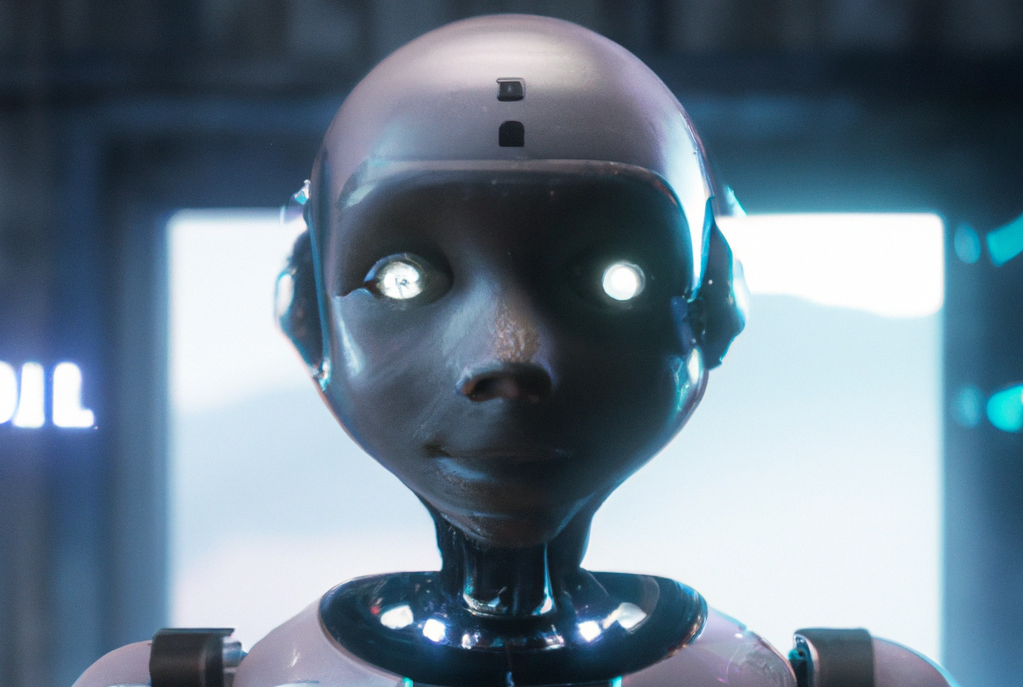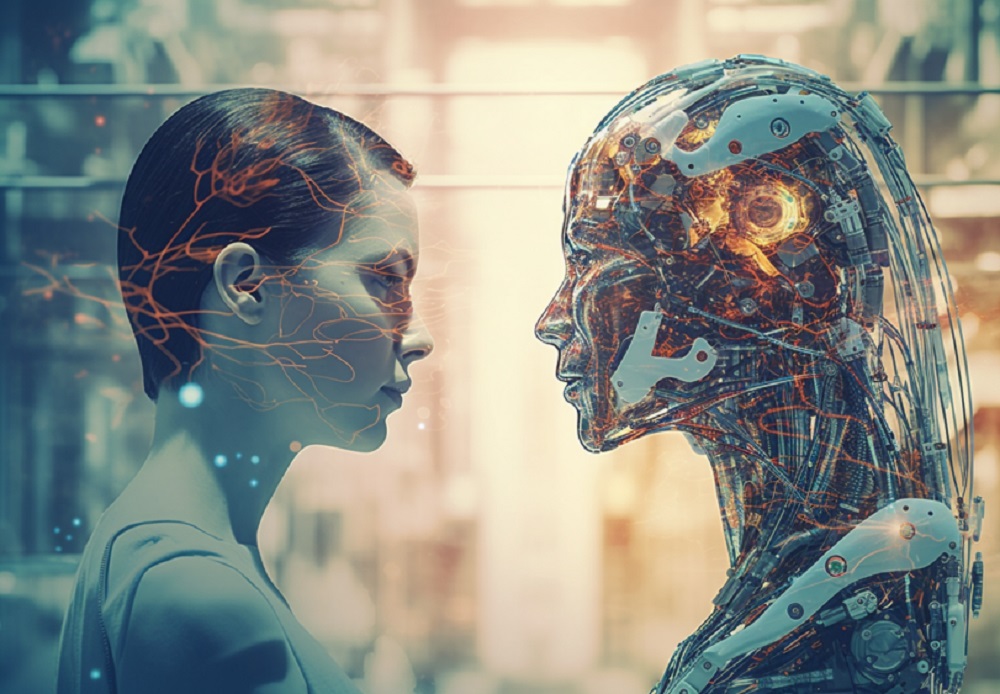AI in Game Development
Artificial intelligence (AI) has been revolutionizing various industries for several years, and now it's making its mark on the gaming industry. Game developers are increasingly using AI to create realistic game environments, develop game characters, and design smarter opponents. AI is helping to bring gaming to the next level, making games more immersive and engaging for players of all ages. In this article, we will explore how AI is changing game development and how it's affecting the gaming industry.
AI in Game Design
AI is becoming a key player in game design, enabling developers to create more realistic environments and characters. AI can help to simulate the behavior of natural systems, making the game more engaging and immersive for the players. For example, AI can help to create realistic animal behavior, weather patterns, and physics simulations. It also enables game developers to create more responsive and intelligent opponents, making gameplay more challenging and entertaining.
AI in Game Development Tools
AI is also transforming game development tools. Many game development tools are now incorporating AI features, such as automated game testing, smart asset management, and natural language processing (NLP) tools. These tools can help to speed up the development process and reduce the cost of game development. By automating tedious tasks, game developers can focus more on creative game design.
AI in Procedural Generation
Procedural generation is a technique used in game development to create game content using algorithms. With AI, game developers can now create more complex and realistic procedural generated content. AI can generate landscapes, buildings, and even characters using data-driven algorithms. This process can reduce the development time and cost, making it more accessible for indie game developers.
AI in Game Analytics
AI is transforming the way game analytics are conducted. By using AI, game developers can analyze player behavior, identify patterns, and optimize game mechanics to make the game more engaging for players. AI can also help to predict player churn, enabling game developers to create personalized in-game experiences and reduce player attrition.
AI in Game Marketing
AI is helping game developers to target the right audience for their games. By analyzing player data, AI can identify player preferences and target players with personalized marketing campaigns. This process can help to increase game downloads and generate more revenue for game developers.
AI in Game Accessibility
AI is also making games more accessible for players with disabilities. Game developers can use AI to create games that are more inclusive and accessible for all players. For example, AI can be used to create in-game subtitles, sign language interpretation, and haptic feedback for players with hearing or visual impairments.
AI in Game Security
AI is also being used in game security to prevent cheating and hacking. AI can analyze player behavior and detect suspicious activity, enabling game developers to take action to prevent cheating. It also helps to detect hacking attempts and prevent unauthorized access to game data.
AI in Multiplayer Games
AI is transforming the way multiplayer games are played. AI can help to match players with similar skill levels, create personalized experiences, and enable real-time chat translation. AI can also analyze player behavior and predict the outcome of a game, creating a more engaging and challenging gameplay experience.
AI in Mobile Games
AI is also becoming a key player in mobile game development. Mobile games can now incorporate AI features such as voice recognition, natural language processing, and image recognition. These features can create a more immersive and engaging gameplay experience for players.
The Future of AI in Game Development
The future of AI in game development is promising. With advancements in AI technology, game developers can create more immersive and interactive games that provide a more personalized experience for the players. AI is expected to transform game development tools, enabling game developers to create more complex and realistic game environments. The use of AI in multiplayer games is also expected to increase, creating more engaging and challenging gameplay experiences.
In addition, AI can help game developers to identify new revenue streams and business models. AI-powered games can offer in-game purchases that are tailored to player preferences, allowing game developers to generate more revenue. Furthermore, AI can enable the creation of games that are more personalized, providing a more engaging experience for players and increasing the likelihood of repeat business.
Final Thoughts
AI is transforming the gaming industry, and the possibilities are endless. With AI, game developers can create more immersive and interactive games that provide a personalized experience for the players. From game design to marketing, AI is revolutionizing every aspect of game development. Game developers must embrace AI and explore its possibilities to create more engaging and successful games. The future of gaming is AI, and it is an exciting time for the industry.






